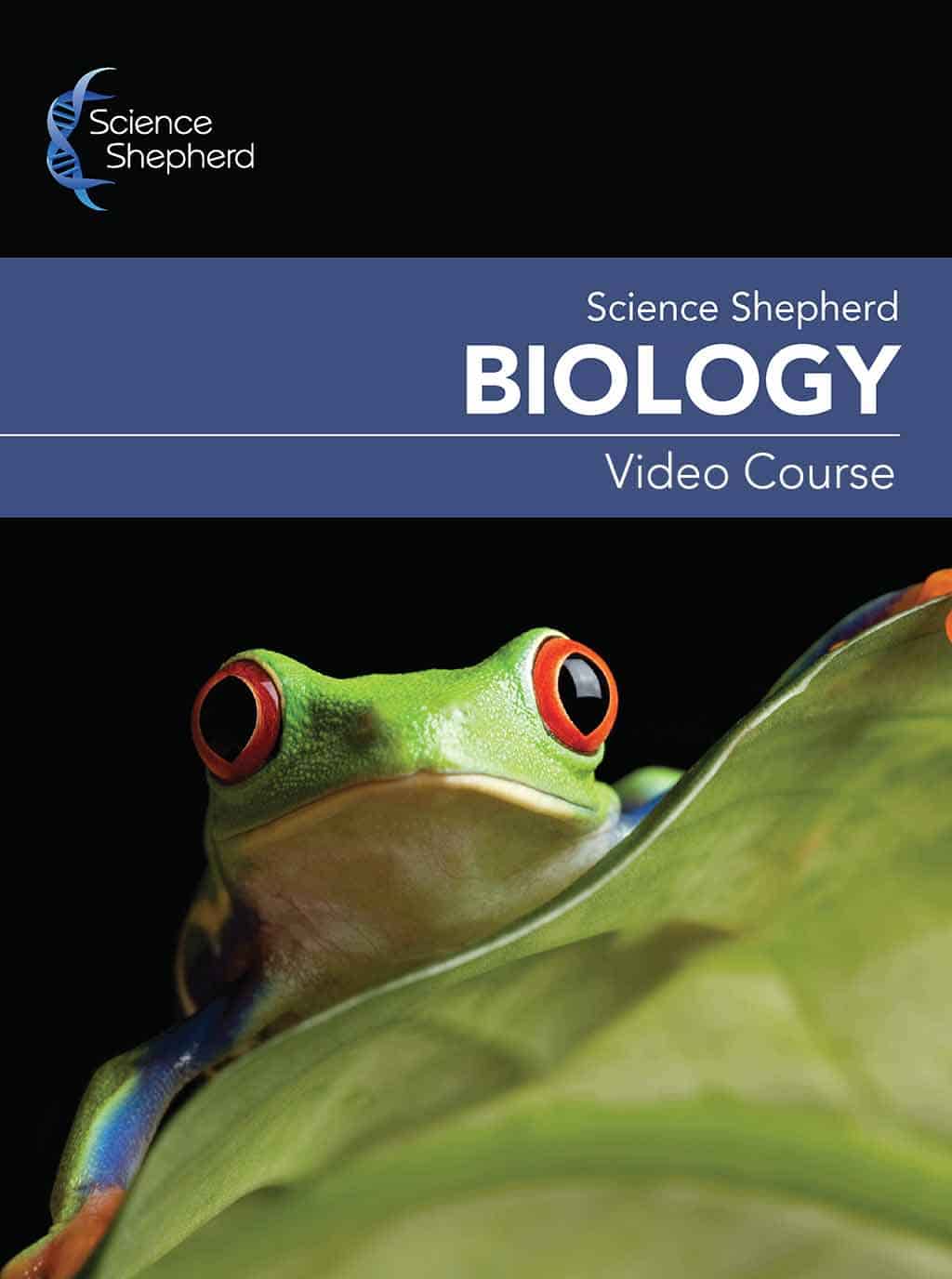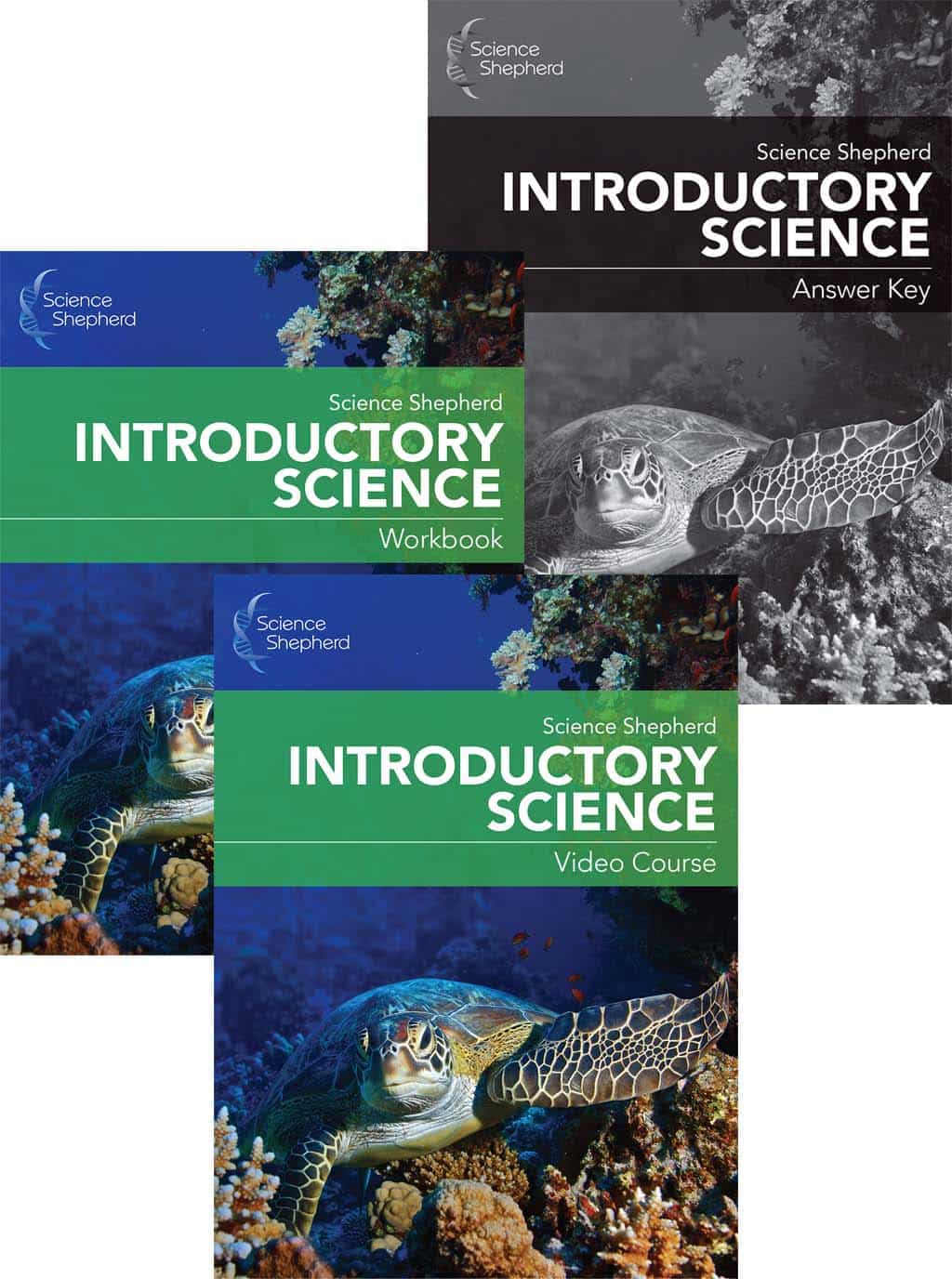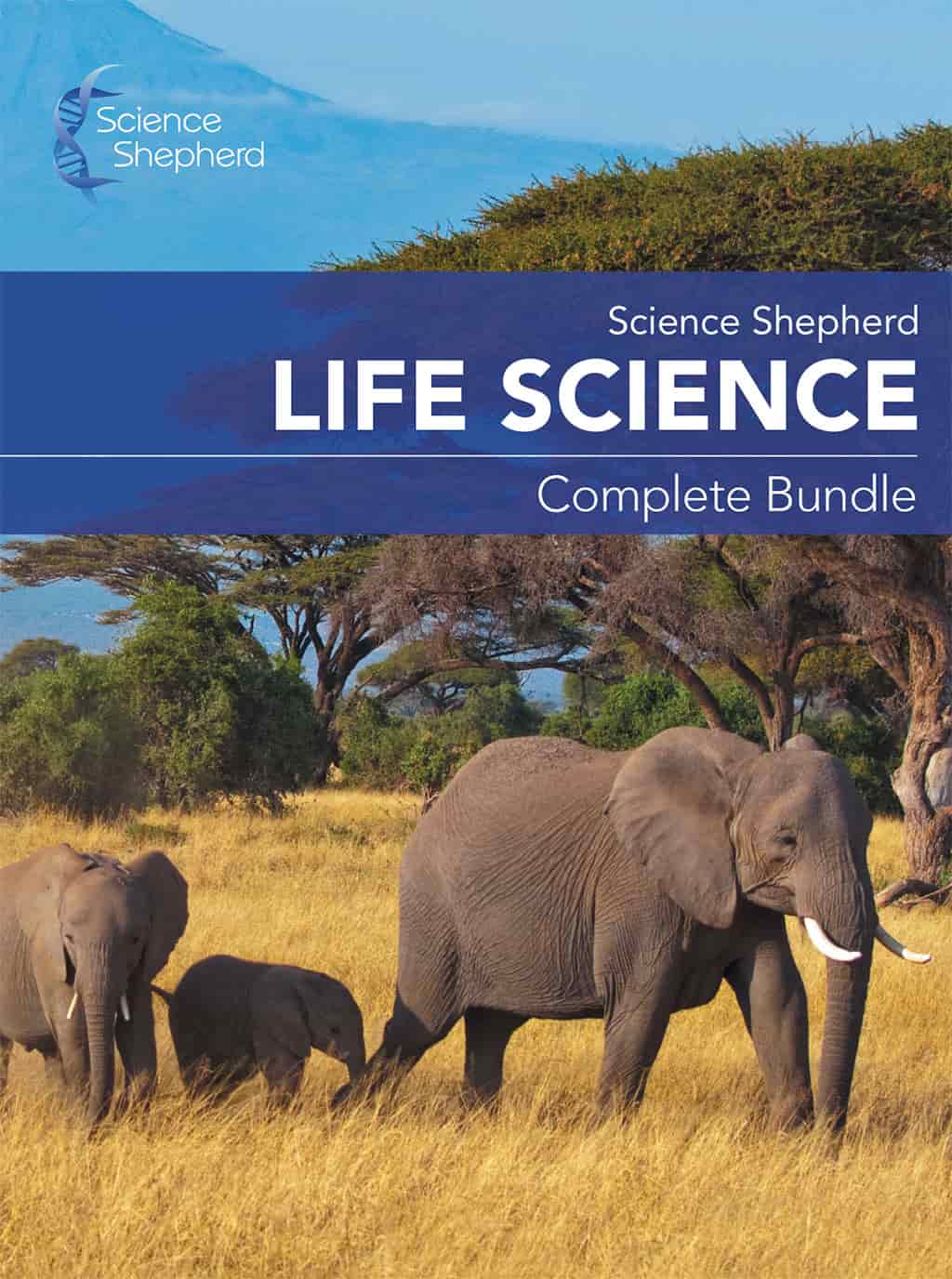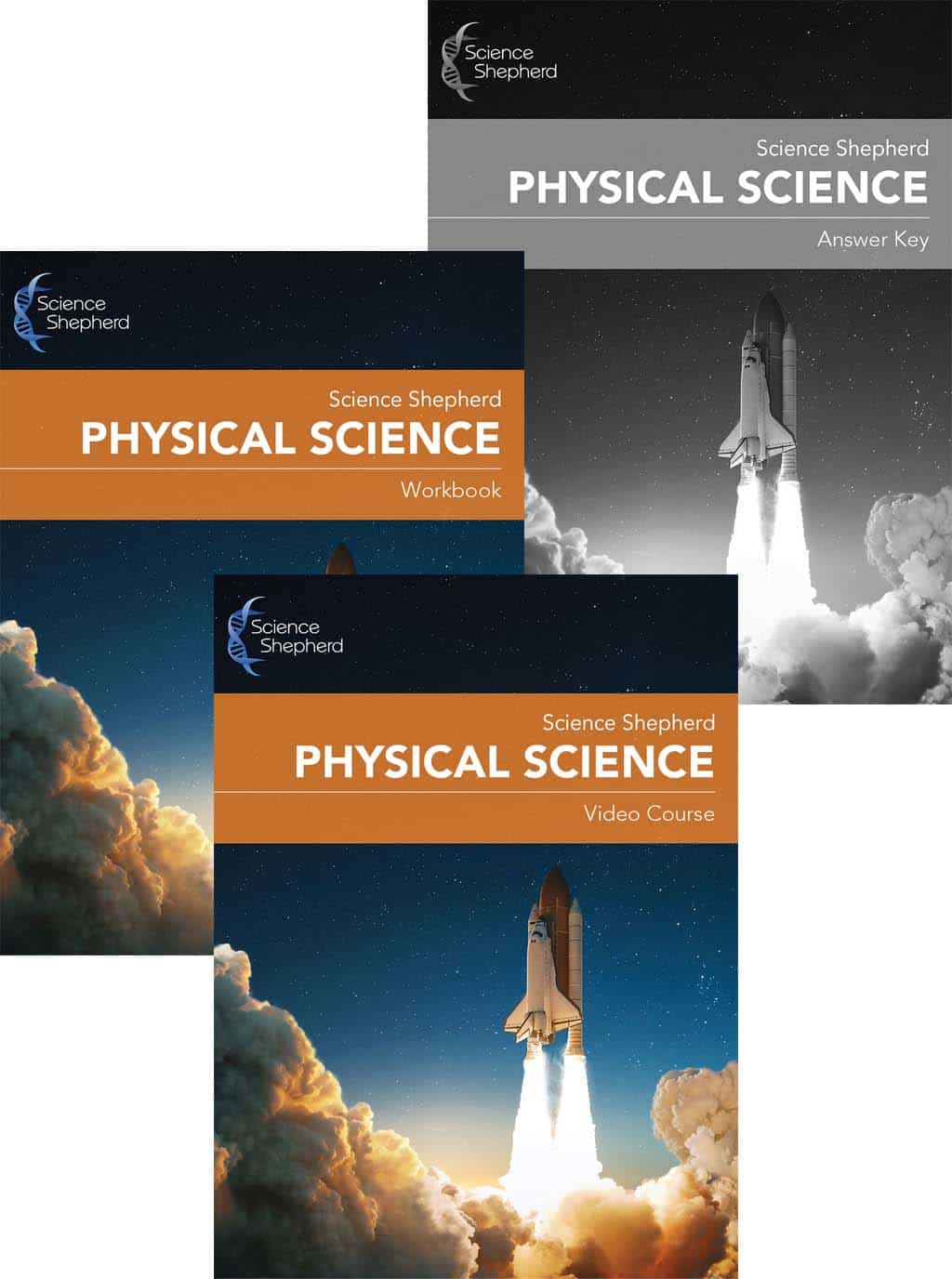An Interview with a Homeschool Neuroscience Major
by Bill Hardin October 20, 2020 5 min read

Serving the Lord in Science: An Interview with Geneva C.
Geneva C. was homeschooled through high school, graduated summa cum laude from Carthage College* with her BA in Neuroscience and is now planning to pursue a Master’s degree this school year so that she can be a registered dietician. Come listen in while she shares about her homeschool experience and her college experience and gives tips for homeschooled students interested in pursuing a science-related degree and career.
Kristen Hardin for Science Shepherd: Geneva, how did you decide to pursue a science-related degree? Why neuroscience specifically?
Geneva: I decided to pursue a science-related degree because it would prepare me to work in the healthcare field one day. The healthcare field has always drawn me; there was never really a question of any other vocation for me. Based on the skills God has given me, I knew that the healthcare field was where I wanted to dedicate my time and talent. I also talked with mentors in science-related fields and concluded that it was a practical field that would allow me to help others in an observable way.
Neuroscience is one of the premedical routes at Carthage, with Biology being the other. When I began at Carthage, I was on a premedical trajectory (which slightly changed over time), so that is why I initially chose neuroscience. The classes in the neuroscience program focused more on human biology than some of the classes required for a biology degree (like ecology, etc.). Since I wanted to enter the healthcare field, a heavy concentration of human biology classes attracted me most and the neuroscience program had those classes.
Science Shepherd: Do you feel that your homeschool education prepared you well academically for your college studies?

Geneva: Yes, I wholeheartedly believe that my homeschool education prepared me academically for my college studies. Many of the habits formed during my homeschool experience (such as time management skills and self-study skills) ensured that I focused on my studies in a productive and effective manner in college and beyond.
Science Shepherd: How did you overcome academic challenges?
Geneva: For me, the most helpful thing to keep in mind when attempting to overcome academic challenges was (is) to take it one step at a time. All the major projects in a class seemed to loom over me like a thunder cloud on the first day; however, as the semester went on, each day the load seemed lighter as I chipped away at larger goals. So, I would say that I found it most helpful to keep the larger goal in mind but focus on what I could do with the day that I had been given. It also helped to prioritize assignments and keep an eternal perspective.
Science Shepherd: So what was your home education like?
Geneva: I think my parents did a wonderful job of balancing my home education. There was a strong focus placed on academic excellence, but there was also a priority placed on making sure that learning was fun. I think that helped me embrace the gift of learning in a new way. More specifically, we had a mixture of learning methods. Several subjects my mom taught us while other subjects were completed through a Christian school curriculum on video. A regular day would consist of us waking up, working on our homework and projects until we finished, and then spending the rest of the day doing various activities and chores. We were involved in outside groups (such as Gavel Club) that further encouraged us to develop critical thinking skills.
Science Shepherd: The cost of a college education can be a huge concern. Have you been able to save money in your college journey either before or during college? In what ways? (Scholarships, testing out of classes, CLEP, AP, saving on food, etc.)
Geneva: The cost of college was definitely a concern for me, as I think it is for many college students. I tried to be conscious of different ways I could save whenever it was possible. Before I started at Carthage, I took CLEP tests for every class that would be accepted. In addition to that, I participated in a federal work-study program where I got paid to be a biology lab assistant while I was in school. Finally, I applied for and took as many scholarships as I could, and I cut down on “extras” as much as possible. In general, while the cost of college is intimidating, if one is going into a field that has the potential to pay back any necessary loans, then I think the cost of college becomes more of an initial investment rather than a long-term burden (if handled wisely).
Science Shepherd: Do you have any advice for a homeschooler who wants to pursue a science-related degree as far as things they should study, activities they should pursue, etc.?
Geneva: I would advise students to be intentional about looking for opportunities to be involved and make connections. I was a member in several clubs on campus (our biology club, neuroscience club, etc.) which was a fun way to stay involved, learn and reach out to the community. At Carthage, there were also opportunities to conduct research with a faculty member and possibly even publish a paper which was great experience. So, I guess I would say look for ways to be involved and make a difference while learning.
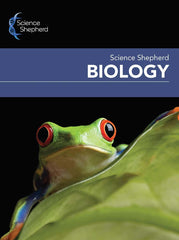
Learn More
Science Shepherd: What is something you really enjoyed about your neuroscience program?
Geneva: Our neuroscience program had a lot of research integrated into the curriculum which was something I really enjoyed. I loved having the opportunity to run tests, gather data and then write papers and reports on our findings. Carthage also requires every student to complete a “thesis” before graduating, which is a chance for students to come up with a novel idea related to their field of study and write an in-depth paper/report/grant on it. Looking back, that was something I really enjoyed.
Science Shepherd: What is something that you are really looking forward to once you have your Master’s degree and can practice as a dietician?
Geneva: Great question! The most exciting aspect of finishing my Master’s degree and being a registered dietitian is the opportunity to help patients improve their quality of life through managing and enhancing their diet and lifestyle. The correlations between diet and health are increasingly linked which fascinates me. I think we are starting to see (and will continue to see) a greater emphasis placed on one’s diet as a large contributing factor to one’s overall health. That thought inspires me to learn well now so that one day I can help my future patients live the best life possible.
Science Shepherd: Thank you so much, Geneva, for being a part of this interview! Hopefully, we’ll get to catch up with you again after you’ve gathered some experience as a registered dietician. May the Lord bless you as you serve Him in science and beyond!
Until next time!
Science Shepherd
This post is part of a series of interviews with Christians who are either preparing to work in science fields or who have been working in science fields. You can read our interview with a homeschool nursing student here.
Kristen Hardin is happily the wife of Bill, mother of a baby, Spanish teacher for wonderful homeschool students via Gather4Spanish and an author with a children’s picture book called Miss Mary: A Tale of Old County Clare set for release later this year.
*Science Shepherd is not affiliated with Carthage College. The content of this interview should not be understood as an endorsement of Carthage.
Sign-Up Today!
Subscribe for the latest news and receive 10% off and a FREE resource!
Recent Articles
10% Off Your Next Order
Subscribe to our newsletter and we'll send you a code for 10% off an order
plus a free download of 5 Scientific Ways Your Kids Can Defend Their Faith.



